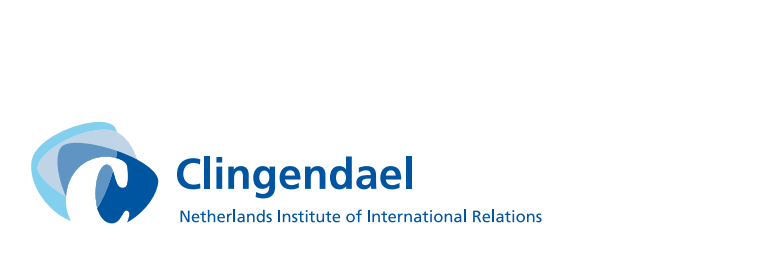A new report by a Dutch institute says that foreign donor governments have ‘promoted a culture of appeasement’ toward corruption and waste in South Sudan’s government by spending huge amounts of money on statebuilding and development without enough accountability and political awareness.
The 8-page policy brief was published on Tuesday by the Netherlands Institute of International Relations, known as ‘Clingendael’, which is the leading Dutch think tank on international affairs and also serves as an academy for the training of diplomats. Its authors are Clingendael researchers Jort Hemmer and Nick Grinstead.
The report is mostly about the attitudes and policies of donor governments, including the United States, Norway, the United Kingdom, Canada, the Netherlands, Japan and Germany, which gave hundreds of millions of dollars to the South Sudanese government and organizations working in South Sudan to promote development and statebuilding both before and after independence in 2011.
“On the whole, donor engagement in South Sudan has been based on a flawed situational framing, informing a dominant theory of change that disregarded key elite interests, misjudged the main conflict driver, promoted a culture of appeasement, and obscured symptoms of a deeply rooted crisis of governance,” argue Hemmer and Grinstead.
According to the report, these donor governments worked on a number of flawed assumptions, including a tendency to view South Sudan’s nascent state after the 2005 Comprehensive Peace Agreement (CPA) as a “relatively unified and cohesive polity.”
Another flawed assumption underpinning donor activity since 2005 “was that the region’s excessive lack of development was a major driver of conflict, a logic implying that a failure to deliver a ‘peace dividend’ in the early years after the establishment of the CPA would risk further hostilities,” the report says.
“This situational framing informed a donor approach that prioritised statebuilding, which translated into a predominantly technical exercise aiming to enhance the capacity of central state institutions.”
“Subsequent efforts were focused mostly on the capital city of Juba, as it was expected that if only the new government seated there was sufficiently empowered and equipped, the benefits of peace would eventually trickle down to the rest of the region…”
In contrast to the donor governments, the ruling party of South Sudan saw statebuilding not as a tool for inclusive development but as a means of “co-option and political accomodation,” whereby government jobs and resources were doled out to political elites in exchange for loyalty.
Hemmer and Grinstead say that donors tended to see acts of corruption and human rights abuses in South Sudan as “the hiccups of a young, inexperienced government with weak capacity” rather than “deliberate acts… of policy.”
They continued to support capacity-building of “formal state structures, particularly those at the centre, [ignoring] the fact that many South Sudanese did not perceive the country’s leaders as legitimate bearers of any national agenda or expect them to serve the public interest in the first place.”
“This situational framing promoted a culture of appeasement: no clear boundaries were drawn, little accountability and few results were demanded. The accompanying notion of a ‘partnership’ between the GRSS [Government of the Republic of South Sudan] and international actors proved remarkably resilient, even as the former persisted in using the country’s budget to shore up its bloated and largely dysfunctional civil and security services while donors were left to try and fill the basic services gap, and in spite of the fact that relations between the two rapidly deteriorated after South Sudan’s independence.”
“The question needs to be asked why donors chose to pursue their own narrative of development and partnership, regardless of unequivocal and available evidence to the contrary. Were they genuinely misguided? Did at least some wilfully maintain a truth they knew to be fictitious in order to continue the path that had been forged ahead?” the authors ask.
The authors urge donor governments to examine past mistakes and the logic of their former programming in order to avoid recurence of these mistakes. The report is titled, “When Peace is the Exception: Shifting the Donor Narrative in South Sudan.”




